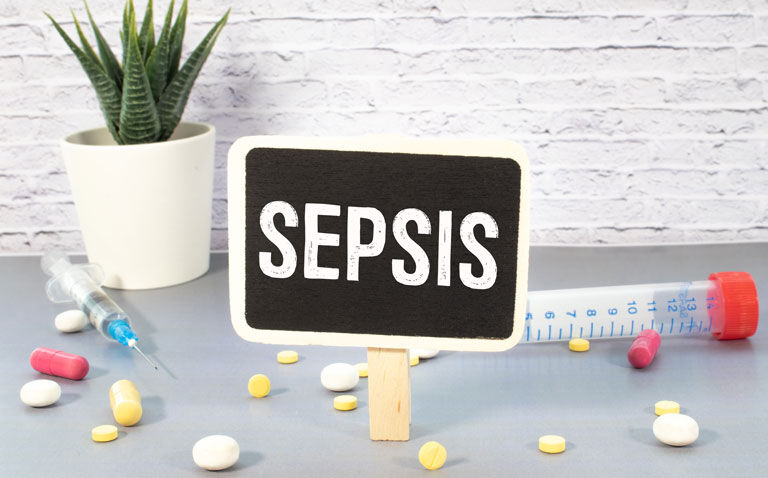Severe vitamin D deficiency at emergency department admission for severe sepsis is linked to a higher mortality and longer hospital stay
Patients with severe vitamin D deficiency upon admission to an emergency department (ED) with severe sepsis have a higher level of mortality and a longer hospital stay according to the findings of a single centre, prospective study by researchers from Belgium and Italy.
Alterations in the levels of vitamin D have been associated with a higher susceptibility to immune-mediated disorders and inflammatory diseases. However, whilst research suggests that vitamin D has a potential role in the optimal functioning of the immune system, whether correction of vitamin D depletion, particularly among critical care patients, serves an important adjunctive role in either the prevention or treatment of infection is uncertain.
In fact, if anything, the available evidence would indicate that vitamin D administration does not improve clinical outcomes among critically ill patients. Nevertheless, an important consideration is how vitamin D levels were normally measured once a patient had been admitted to hospital or after the provision of various treatments and this could have affected measured levels of the vitamin.
As a result, in the present study, the researchers sought to determine whether severe vitamin D upon admission to an ED in those with severe sepsis was associated with a higher risk of mortality and a longer hospital stay.
The research team recruited adult patients admitted to the ED with a suspicion of severe sepsis and measured vitamin D levels alongside routine blood samples. Using the patient’s medical records, the team also collected demographic and clinical factors such as the age-adjusted Charleson Comorbidity Index (ACCI), Acute Physiological and Chronic Health Evaluation II (APACHE II) and Sequential Organ Failure Assessment (SOFA) scores.
Severe vitamin D deficiency was defined as a level < 12 ng/ml and moderate severity as between 12 and 20 ng/ml. The primary outcome was set at 90-day all-cause mortality and for the secondary outcomes, the team selected a number of measures including the length of hospital stay.
Severe vitamin D levels and mortality
A total of 164 patients with a median age of 66.7 years (35% female) were included in the final analysis. Among the cohort, 46.3% of patients had vitamin D levels below 12 ng/ml and 121 of the cohort were admitted to intensive care. The 90-day all-cause mortality occurred in 26.4% of the entire cohort and the median hospital length of stay was 14 days.
Among those with vitamin D levels below 12 ng/ml, 32.9% of patients died compared to 20.5% in the non-severe deficiency group (p = 0.07) and in multivariable analysis after adjustment for sepsis severity and co-morbidities, this was found to be independently associated with 90-day mortality (odds ratio, OR = 2.69, 95% CI 1.03 – 7, p = 0.043). Using Cox analysis again adjusted for confounders, severe vitamin D deficiency was also associated with a lower chance of hospital discharge (hazard ratio, HR = 0.66, 95% CI 0.44 – 0.98, p = 0.043).
As with the overall cohort, among patients admitted to ICU, those with severe vitamin D deficiency had a higher risk of 90-day mortality (HR = 3.06, 95% CI 1.05 – 8.94, p = 0.04) and a lower chance of discharge (HR = 0.51).
Citation
Malinverni S et al. Severe vitamin D deficiency in patients admitted to the emergency department with severe sepsis is associated with an increased 90-day mortality Emerg Med J 2022










